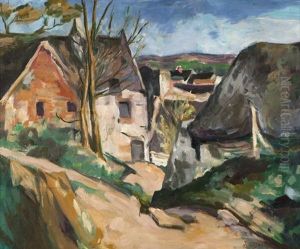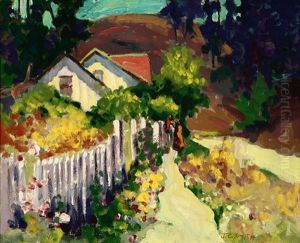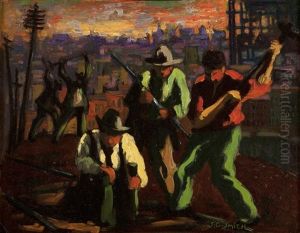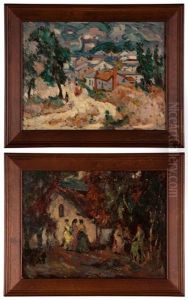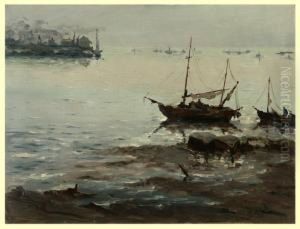John Christopher Smith Paintings
John Christopher Smith, sometimes referred to as John Christopher Schmidt, was an English composer and organist, born in 1712 in Ansbach, Germany, which was then part of the Holy Roman Empire. He was the son of Johann Christoph Schmidt, who was a respected organist and music master. In 1716, his family moved to England, where his father became the musical secretary and a close friend of the German-born composer George Frideric Handel.
Smith was a significant figure in the English music scene during the 18th century. He studied music under Handel and quickly became an accomplished musician, assisting Handel with various musical tasks. After Handel's eyesight began to deteriorate, Smith took on an increasingly important role as Handel's amanuensis and eventually became his personal assistant, copying music, preparing scores, and leading orchestral rehearsals.
Following Handel's death in 1759, Smith continued to keep Handel's legacy alive by conducting performances of his works. He also managed the oratorio concerts that Handel had established, and he took over the role of the principal conductor for these performances. Smith was not only a performer and advocate of Handel's music; he was also a composer in his own right. His works include oratorios, operas, instrumental music, and songs, although none achieved the lasting fame of his mentor's compositions.
Later in life, Smith became the music master to the royal family, teaching music to the children of Frederick, Prince of Wales. Despite not reaching the heights of fame as Handel, Smith was respected in his time and contributed significantly to the continuation of Handel's musical traditions in Britain. He retired in 1795 and passed away the same year, leaving behind a body of work that, while overshadowed by his association with Handel, demonstrates his skill and dedication to the art of music.
